Japanese defense officials plan to hold regular seminars with academics on sharing research on dual-use technology, as the traditional line between civilian and military is increasingly blurred, Nikkei said.
Accordingly, this is the first time such dialogues have been held in Japan. Tokyo wants to apply more of the latest research from academia to the scope of defense activities, as well as research and development (R&D) of military equipment.
“We will establish a mechanism to convert civilian technology to defense,” Gen. Yoshihide Yoshida, chairman of the Joint Chiefs of Staff of the Japan Self-Defense Forces (JSDF), said in an interview in July.
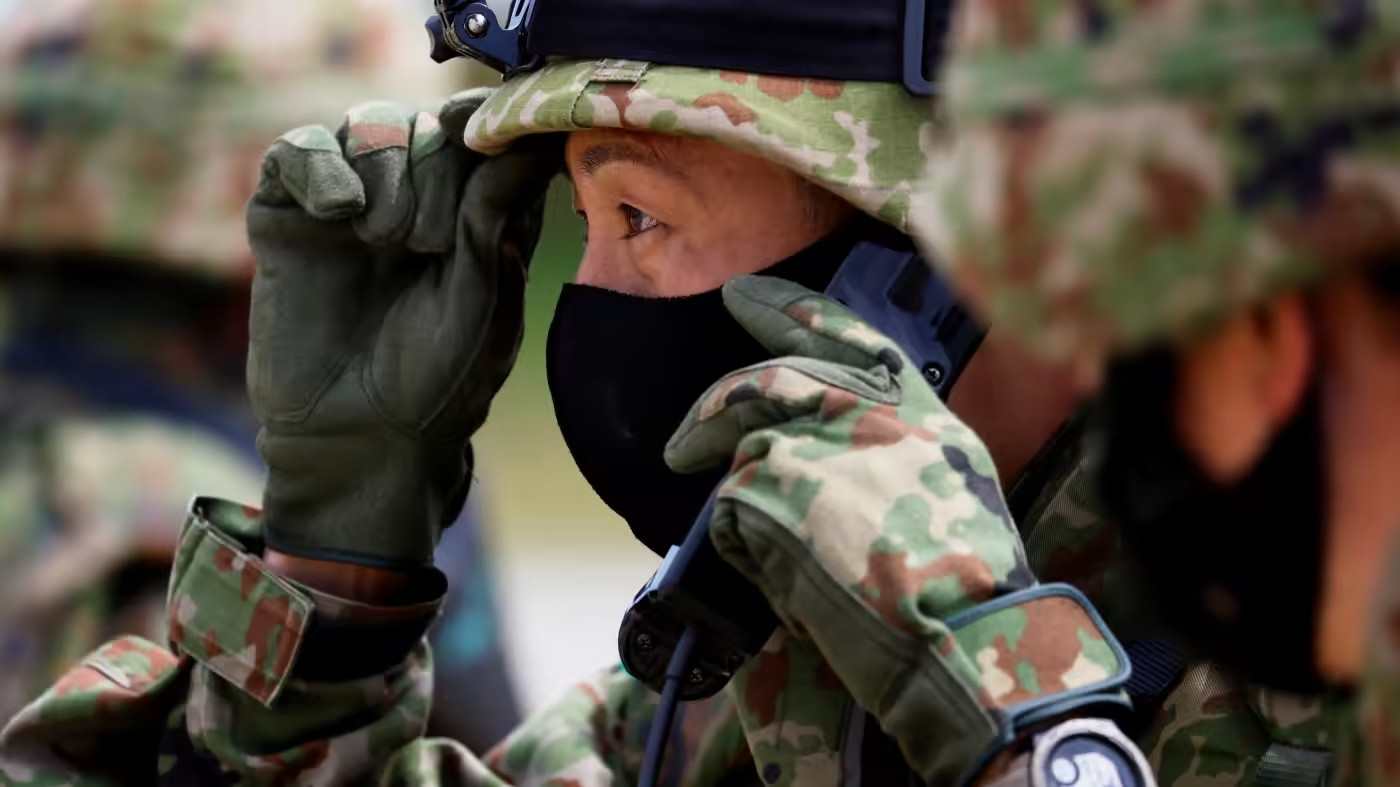
The JSDF's top officer also said that "academia has long tended to avoid getting involved in military technology," so this is an opportunity for the two sides to have direct dialogue.
Focus on drone technology and autonomous vehicles
The dialogue framework is designed to bring together scholars from Japanese universities, along with experts at national research and development agencies, such as the space agency or the science and technology agency.
For example, research into drones and autonomous vehicles could help deploy military forces without the use of navigation systems, while civilian aircraft launch and rocket technology could be applied to develop high-speed fighter jets.
Artificial intelligence and drone testing are two of the focuses of Japan's Defense Ministry this fiscal year. Tokyo's budget will fund experiments to improve missile detection accuracy through the use of communications satellites.
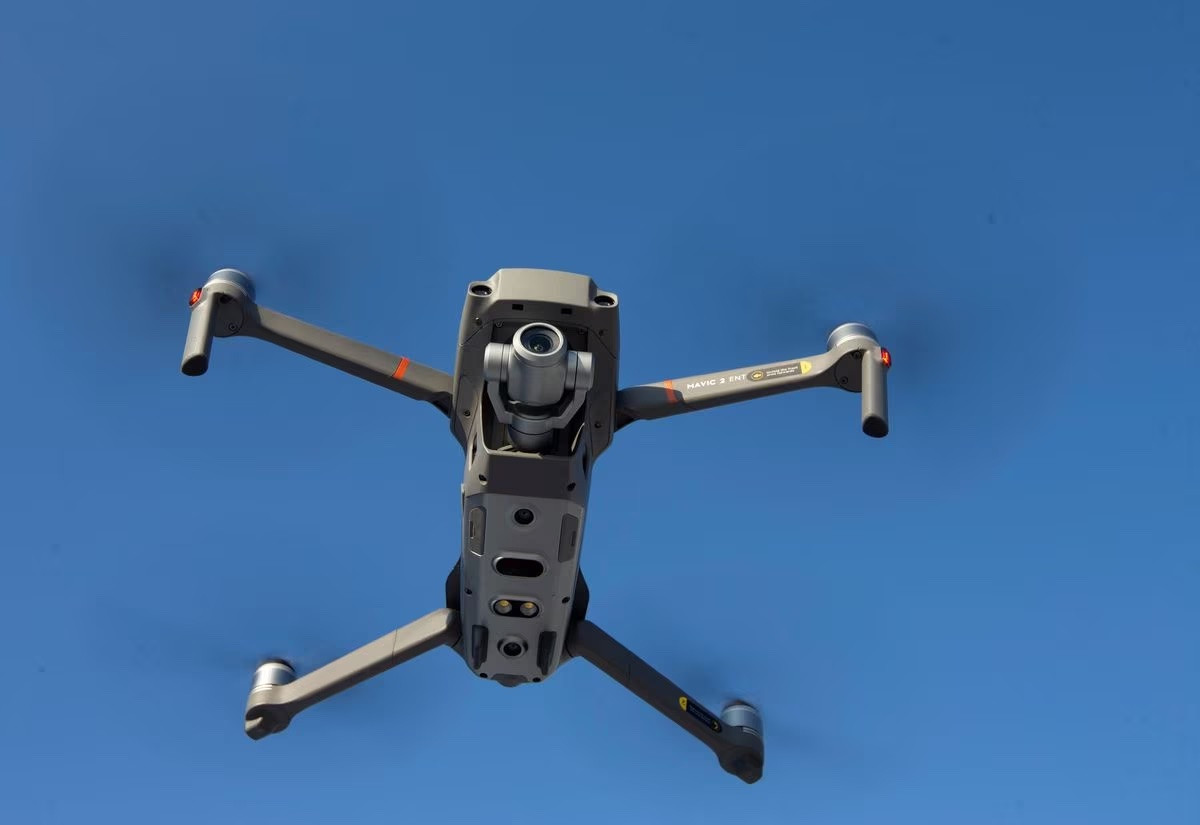
In Japan, this fiscal year’s defense budget allocates 896.8 billion yen ($6.18 billion) to contract-based R&D, up 200 percent from the previous year. That represents 13.1 percent of total defense spending, on par with the roughly 10 percent to 15 percent seen in the United States and South Korea.
But when it comes to Japan’s overall science and technology budget, the Defense Ministry’s share is only about 5%. Meanwhile, Washington, Tokyo’s biggest ally, devotes about 50% of its national science and technology budget to defense. The ratio in Britain and France is closer to 10%.
Artificial intelligence and hypersonic weapons
An article published in the People's Liberation Army Daily, the official newspaper of China's armed forces, in late May highlighted the urgent need to enhance the military's ability to control low-altitude airspace, an increasingly important combat domain.
Cheap AI-powered drones are seen as key to that effort. At the Communist Party Congress in October 2022, President Xi Jinping pledged to accelerate the development of drones and AI-powered combat capabilities.
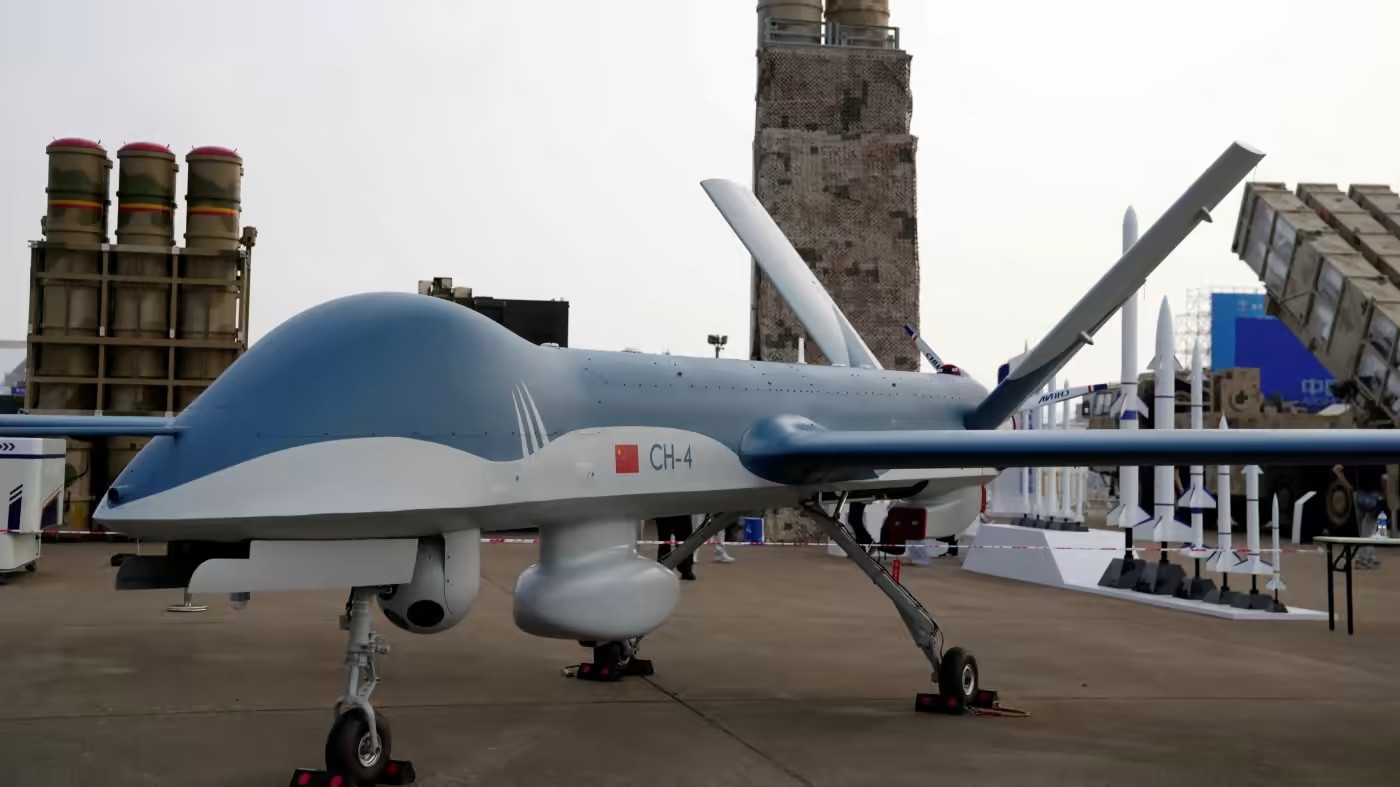
The country’s focus is on developing swarm drone deployment and operations doctrine. Also in 2022, the state-owned National Electronics Technology Group successfully tested a swarm of 48 drones.
The core element in preventing a swarm attack depends largely on advanced detection and targeting capabilities – operations that become particularly difficult to deploy on remote islands at sea.
Japan’s Ministry of Defense once said that “the use of swarms of drones to land on offshore islands would pose a huge threat.” In addition, the agency also said that Beijing is stepping up research on hypersonic weapons with intercontinental range.
In June 2023, China unveiled the JF-22 high-speed wind tunnel, a test facility that simulates the flight environment of missiles. The tunnel is said to be the longest in the world, about 170 meters long, allowing for airflow at 30 times the speed of sound.
Earlier in May, Beijing issued amendments to its military service law to make it easier to hire science and engineering students with skills in AI and high-tech fields to work for the Ministry of National Defense.
(According to Nikkei Asia)
Source








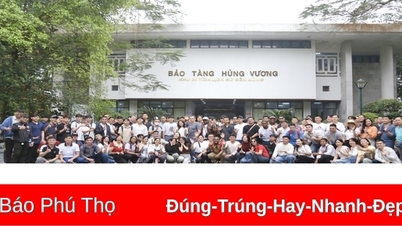



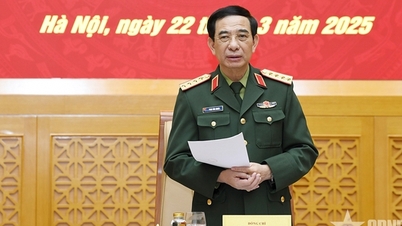









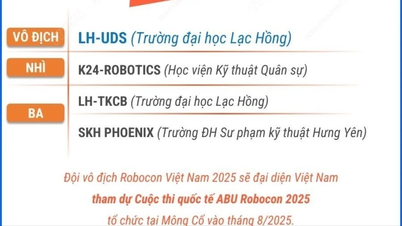
































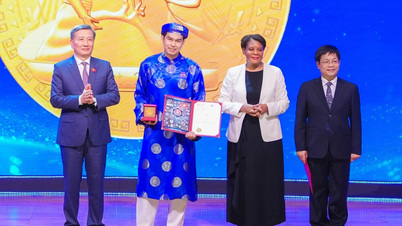





















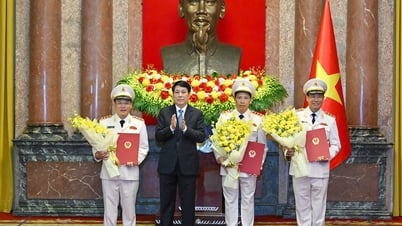
























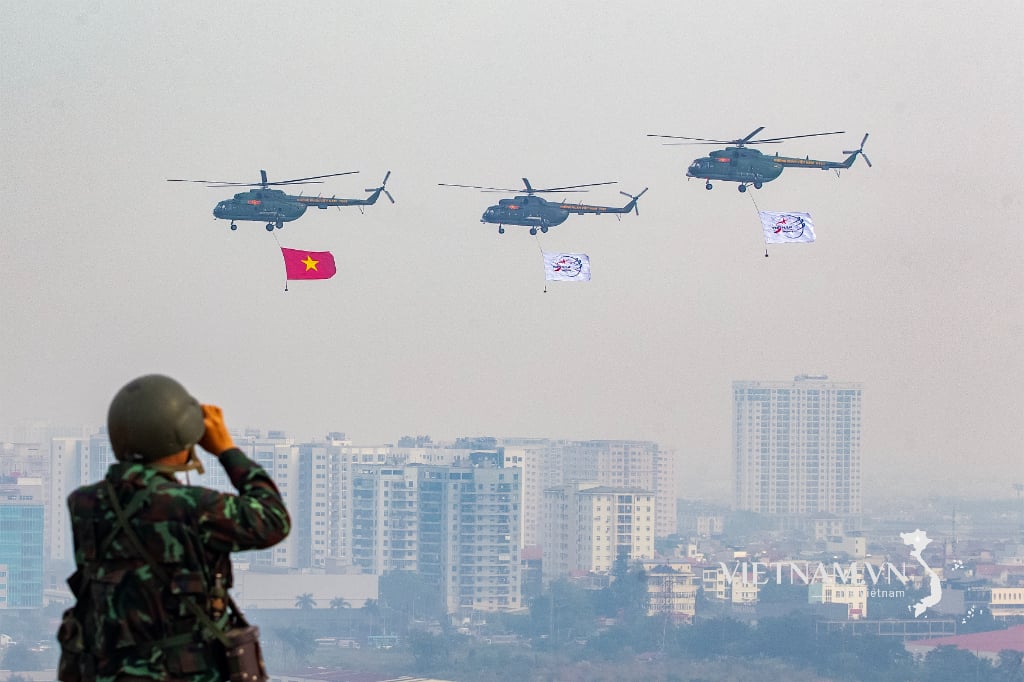



Comment (0)